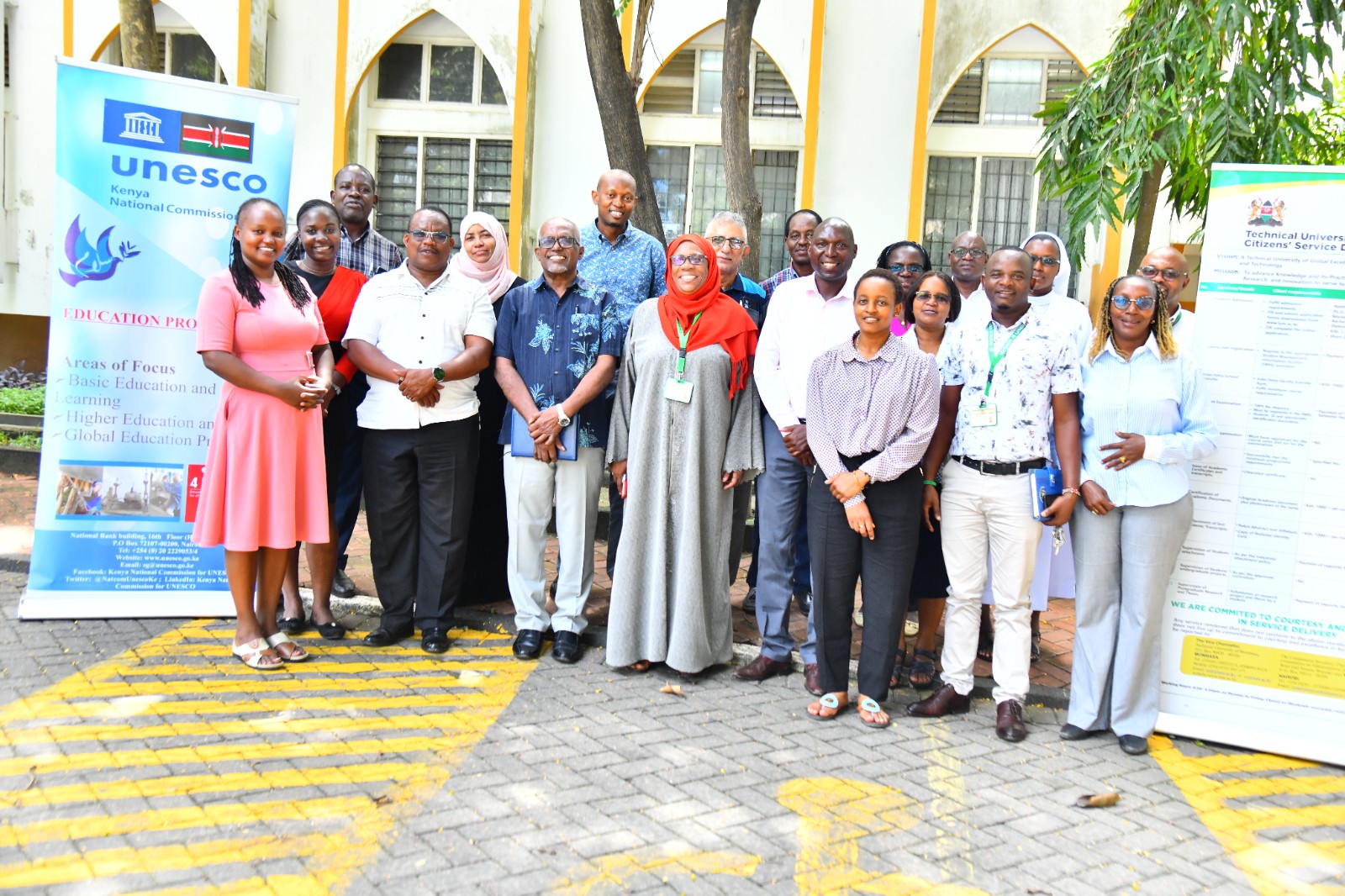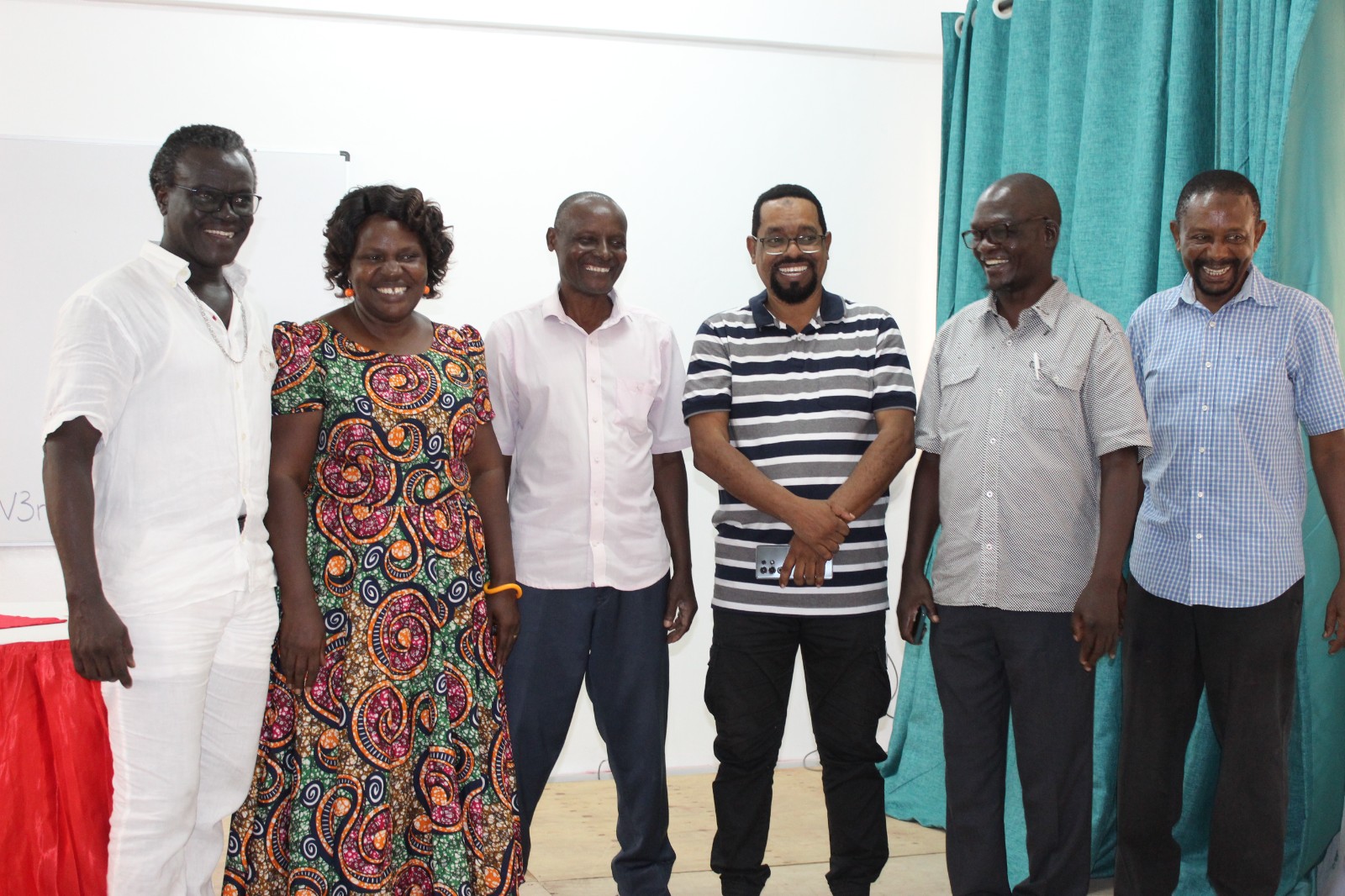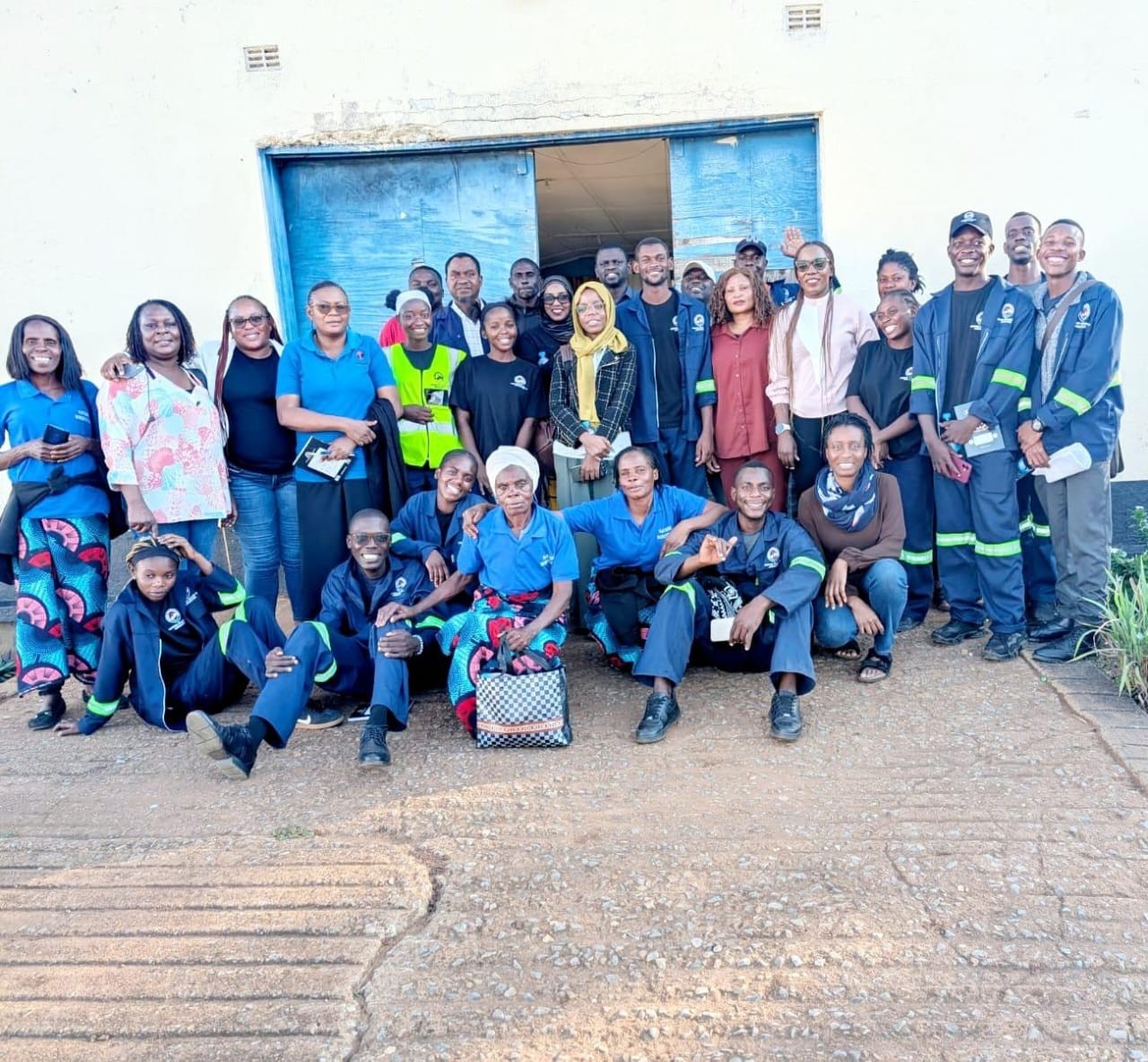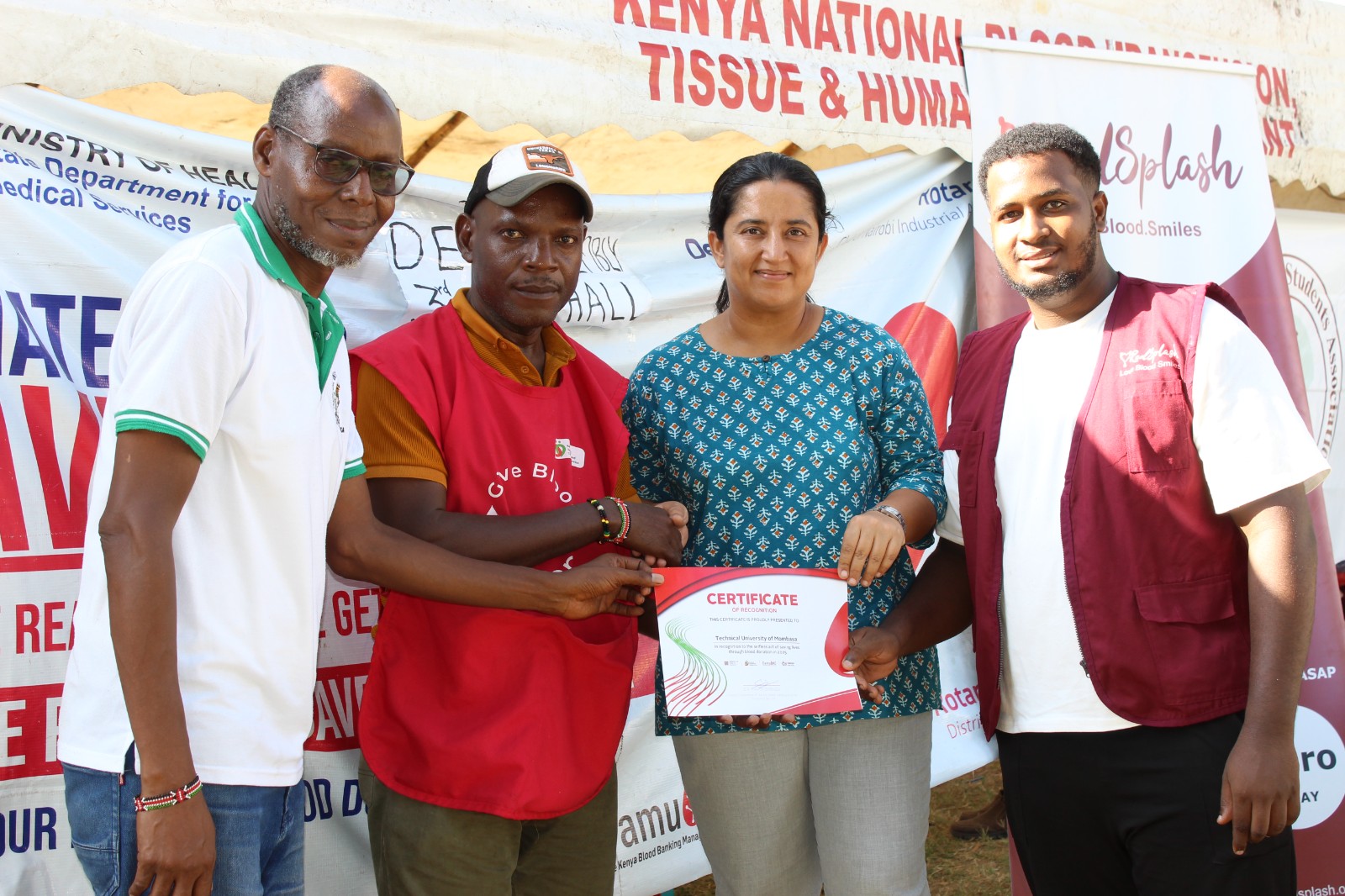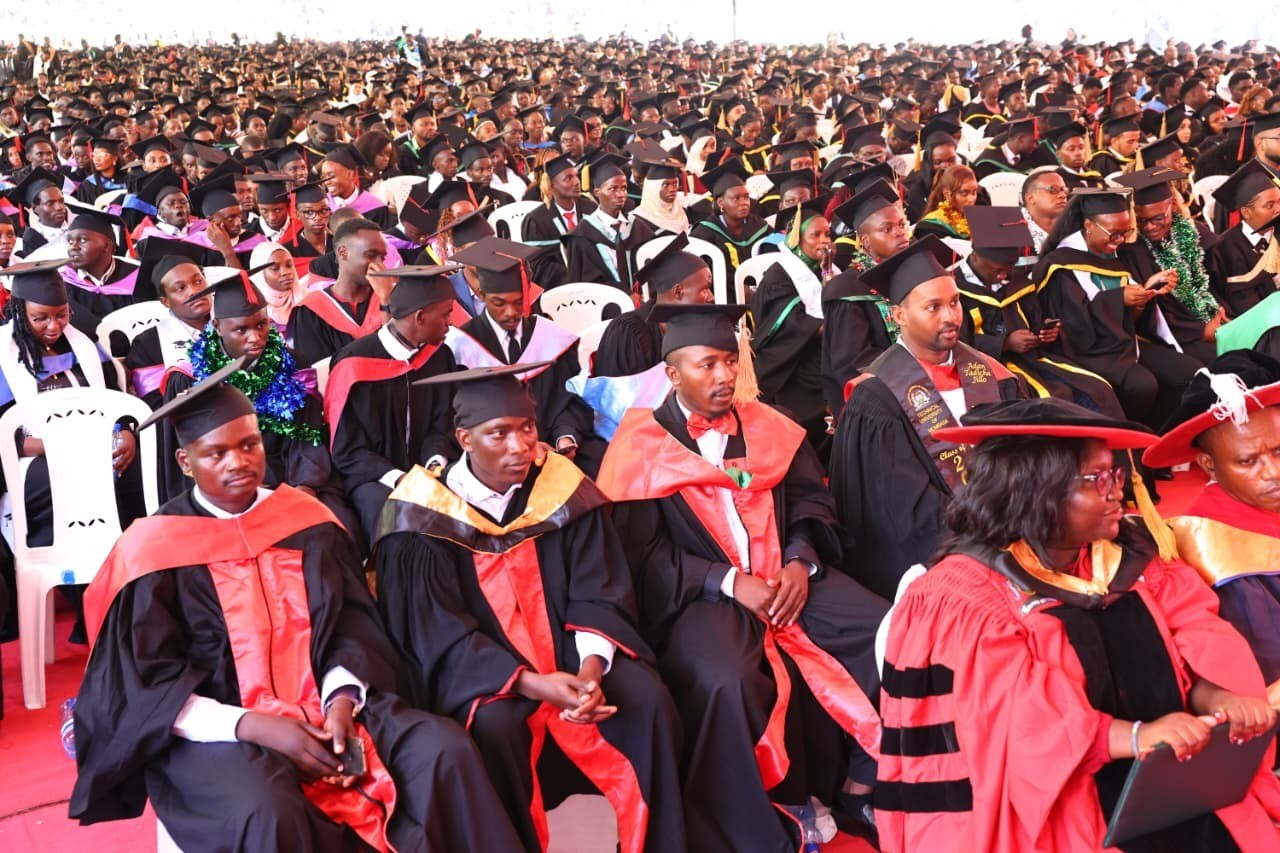Kenya's UNESCO commission wants public universities in the Coast Region to seize opportunities in the agency by creating special partnership panels.
Local scholar Prof Mohammed Said Rajab, who is the Chair of the National Commission for UNESCO (KNATCOM) Board of Directors, says creating such panels, which are known as UNESCO chairs, stand to benefit the local universities a great deal.
The universities in the Coast include Technical University of Mombasa (TUM), Taita Taveta University and Pwani University. Prof Rajab advised them to prioritize the initiative.
Addressing TUM top management and staff at the University’s conference hall on Wednesday of June 11, 2025, Prof Rajab explained that UNESCO chair is a team led by a higher education or research institution that partners with UNESCO on a project to advance knowledge and practice in an area of common priority.
The partnership is formalized through an MoU between the Director General of UNESCO and the head of the institution hosting the UNESCO Chair.
Prof Rajab added that the move will strengthen connections between research and development, policy and practice at country, regional and global levels.
“Through its integrated approach that combines research, teaching and training, as well as engagement, the programme has proven value in advancing UNESCO’s interdisciplinary knowledge generation and the organizations' role as global observatory and as a laboratory of ideas,” Prof Rajab said.
The sentiments were echoed by the acting KNATCOM secretary general Dr James Njogu, who said the establishment of the UNESCO chairs have contributed to the enrichment of the existing higher education partnerships and networks.
Dr Njogu pointed out that the concept has inspired generation of students and researchers, over the years, to align their work with UNESCO ideals.
He explained that applications are usually sent to UNESCO by April 30 deadline of every year.
“The selection process takes place between May to September and the communication is sent to the institution between October and November. Once the approval has been done, the MoU between the Director General of UNESCO is usually sent to the institution for signing by the head of the institution,” Dr Njogu explained.
Deputy Director KNATCOM Ms Nancy Mbugua said creation of UNESCO chairs act as think tanks and bridge builders between the academic world, civil society, local communities, research and policy-making thereby strengthening UNESCO’s research-training-policy-society nexus.
“UNESCO/UNITWIN Networks aspire to foster public intellectual debate, ethical reflections, standard setting, research and scientific progress, open knowledge and information and education in a spirit of international cooperation,” Ms Mbugua added.
She emphasized that the programme offers a distinct opportunity to engage in knowledge sharing through an interdisciplinary global network of higher education institutions committed to advancing research, training, and action towards sustainable development based on social, economic, environmental and epistemic justice.
Vice chancellor Prof Laila Abubakar gave the visitors a briefing of TUM's history and it's programmes.
“TUM is among the oldest technical institutions in East Africa. It was established in 1948 as the Mombasa Institute of Muslim Education (MIOME). In 1966 MIOME became Mombasa Technical Institute (MTI) and started to admit all Kenyans regardless of religion or race.
In the year 1972, MTI transformed to become the Mombasa Polytechnic, becoming the 2nd National Polytechnic in Kenya.
On 23rd August 2007, through Legal Notice No. 160, the Mombasa Polytechnic University College (MPUC) was established. In 2013, Mombasa Polytechnic University College (MPUC) transitioned to the Technical University of Mombasa (TUM), a fully-fledged University.
Our programmes range from Certificate, Diploma, Degree, Masters and PhD.” Prof Laila said.
The Vice chancellor elaborated that TUM’s academic programmes are anchored in six Schools and four Institutes.
They are the School of Engineering and Technology, the School of Pure Applied Sciences, School of Medicine and Health Sciences, the School of Business, the School of Humanities and Social Sciences and the School of Post-Graduate Studies.
The Institutes are the TUM TVET Institute, the Institute of Computing and Informatics, the Institute of Maritime and Seafaring Studies and the Institute of Open distance and e-learning (ODeL).
Prof Laila assured the KNATCOM delegation that TUM is willing to partner with likeminded organizations to execute its mandate.

